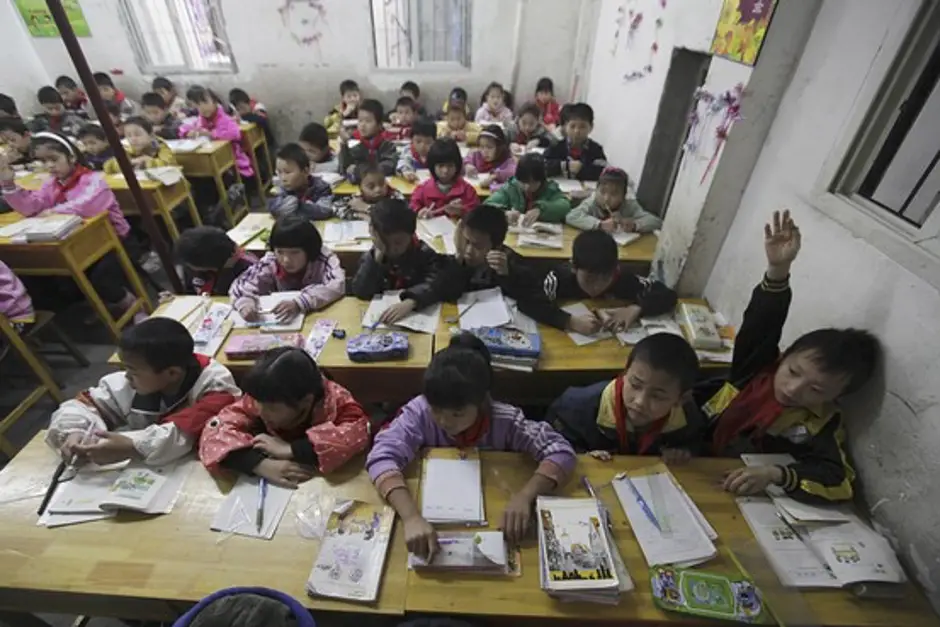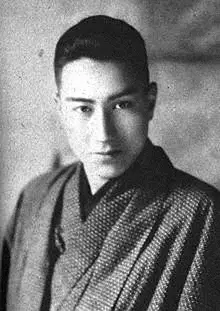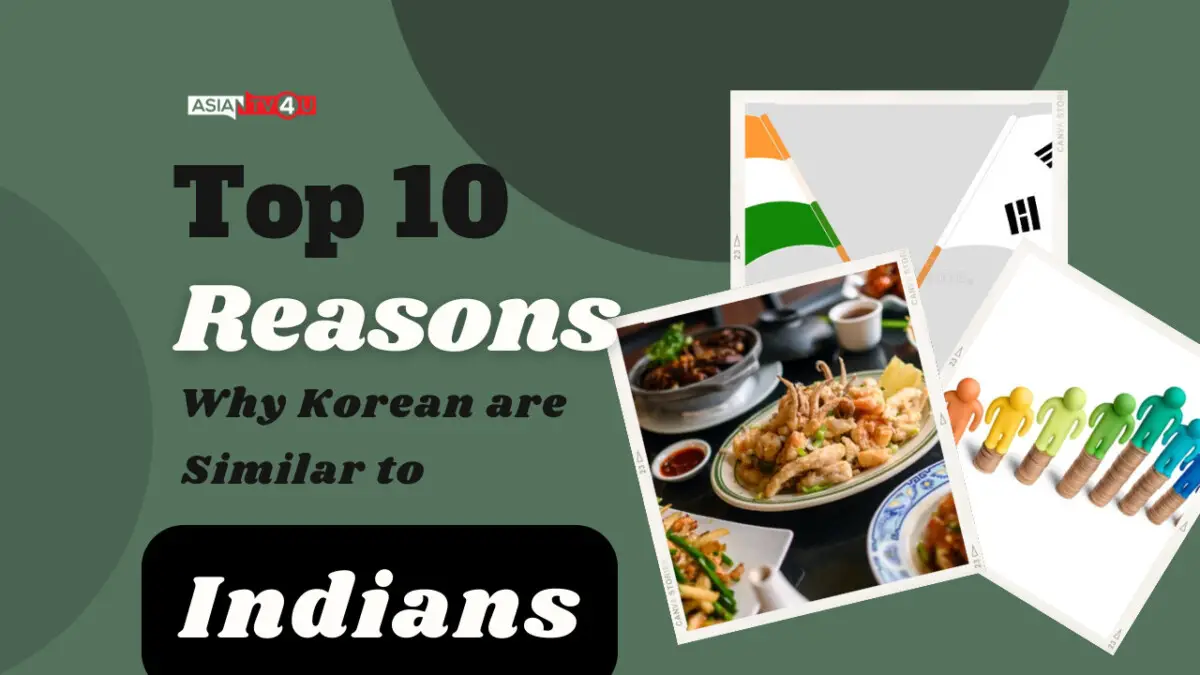
The Republic of India is a country located in South Asia. It is the 7th largest country by land, with a population of around 130 crores. The Republic of Korea is a country situated in East Asia. This beautiful country is known for its ancient Buddhist temples and flavorful food. India and South Korea have had diplomatic ties since 1973. The trade between the two countries has increased drastically. Both nations have many similarities like rich culture and heritage. A princess from Ayodhya went to Korea and married King Kim Suro, becoming Queen Heo Hwang-ok. We are here to present some more similarities between the two famous nations!
1. Independence Day
South Korea celebrates its independence day by organizing several events and activities. The President officiates a formal ceremony in Independence Hall of Korea or Sejong Center for Performing Arts. Both the countries celebrate their Independence Day on 15th August. North and South Korea commemorate their victory over the Japanese rule with enthusiasm. India celebrates this auspicious day after being ruled by the British from 1858 to 1947. Since then, both countries have advanced.
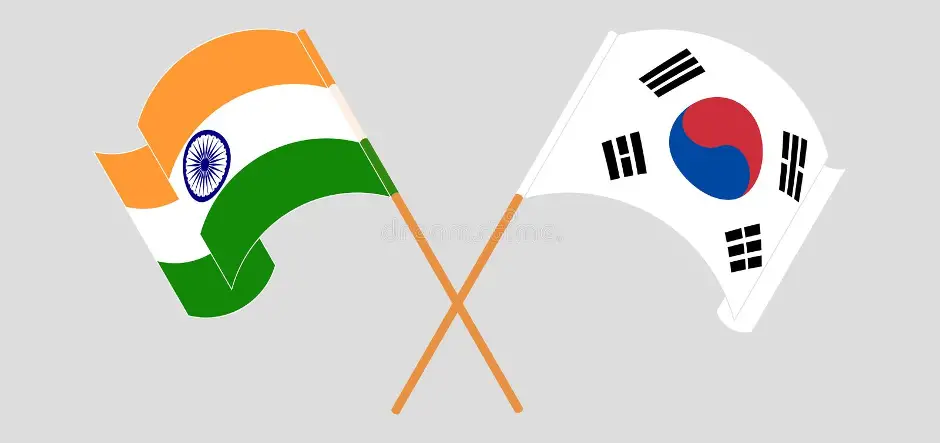
2. Patriarchal System
Both countries follow a patriarchal system. A patriarchal system is when a male has authority over the family or group. Since ancient times, Patriarchal attitudes were well ingrained in South Korea and India. However, both nations appear to be growing and progressing socially and economically.
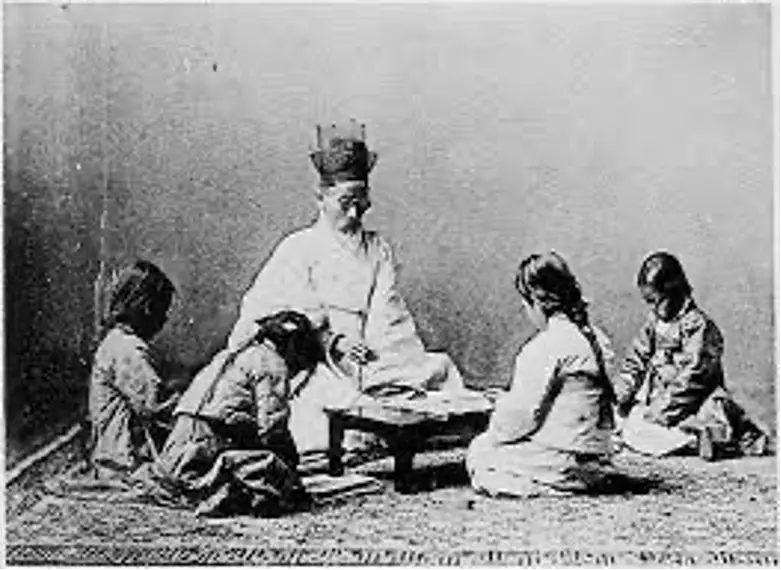
3. Social Status
India and South Korea have similar values and norms. Although both countries had a caste system that gradually diminished, there is still prevalent discrimination between people belonging to different classes. This particular belief may have a positive or a negative influence on the people.
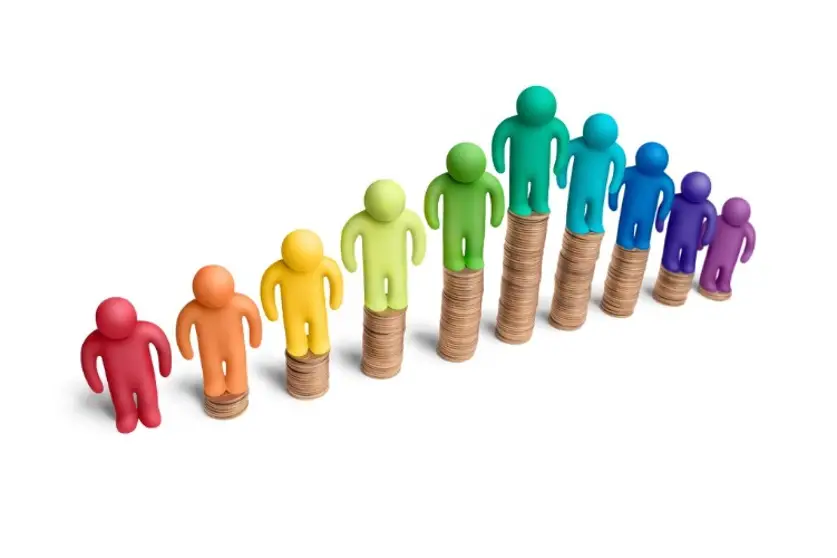
4. Calendars
Both countries follow the western calendar and have one of their own. Many Indians follow the Hindu Calendar. The conceptual design of the Hindu calendar is similar to the Chinese, Hebrew, and Babylonian calendars. The Korean calendar is lunisolar. Some important Korean celebrations include the first day of the Korean New Year and Chuseok.
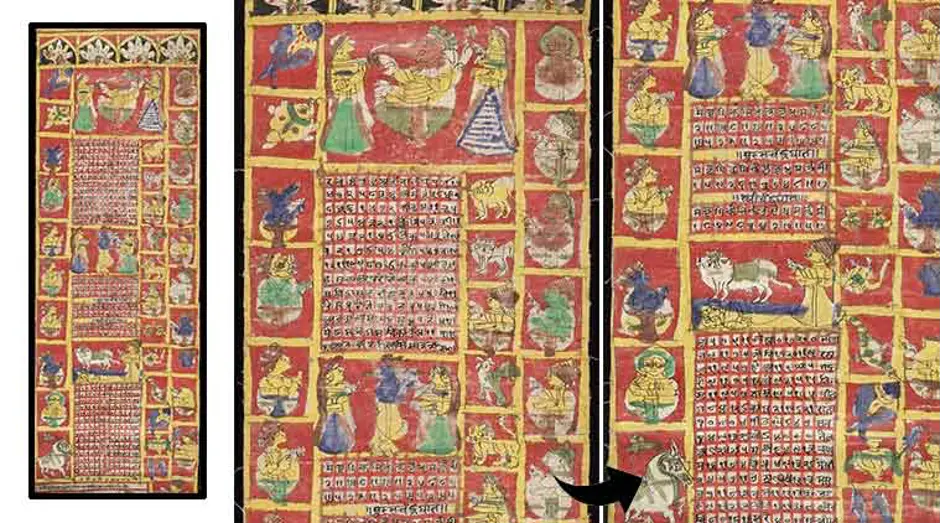
5. Cuisine
Rice, vegetables, and seafood make up the bulk of Korean cuisine. Many Indians prefer vegetarian dishes due to lifestyle preferences and religious beliefs. Indian and Korean dishes are known for their flavorful meals with loads of vegetables and meat. Compared to Indians, Koreans consume meat more. Both the nations have rice as their staple food. Kimchi and Aachar are both side dishes that are either seasoned or marinated, followed by fermentation.
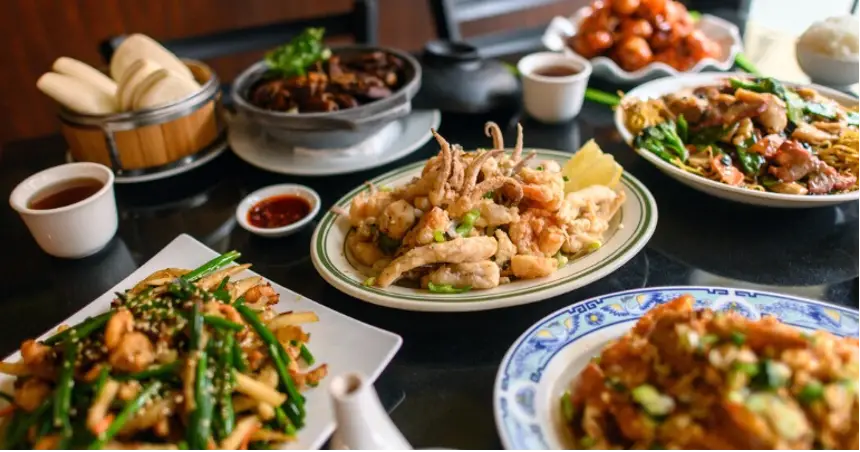
6. Family values
One of the numerous principles instilled in children since childhood in both nations is obedience and discipline. Children learn to respect older people and uphold etiquette. In India, people join their hands and bow when greeting, similar to Koreans.
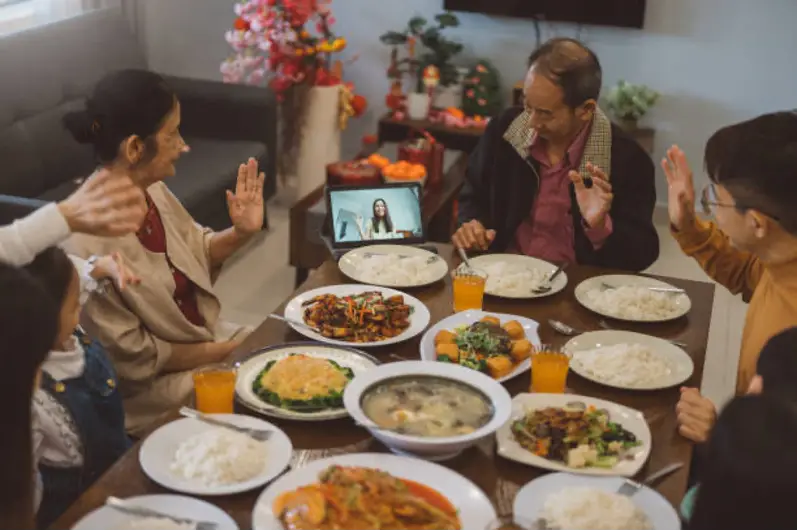
7. Entertainment Industry
Both nations have a thriving entertainment industry. Bollywood in India and K-dramas and K-pop in Korea are loved worldwide. Indians and Koreans love entertainment and appreciate each other's differences and similarities.

8. Religious Beliefs
Both countries have strong religious beliefs. Several religions emerged from India, including Hinduism, Jainism, Buddhism, and Sikhism. In Korea, however, Christianity and Buddhism are the most followed religions. Besides these, Confucianism, Daoism, and Shamanism are practiced by many.
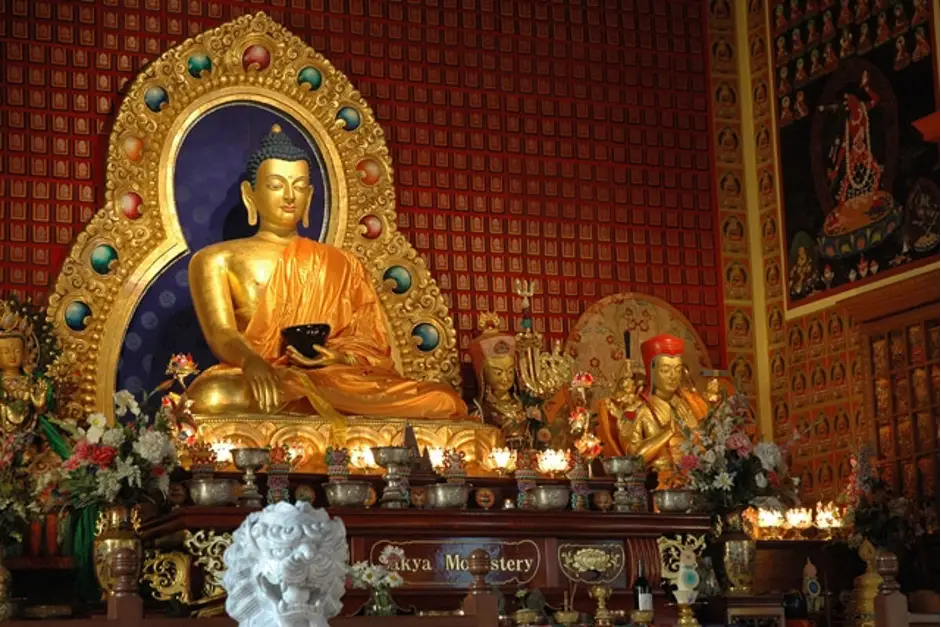
9. Language Similarities
It may be surprising that many Korean words are similar to India's south Indian languages, mainly Tamil. Words like naal (day), amma (mom), and appa (dad) are pronounced similarly in both languages. These two well-known languages share almost 3000 words.
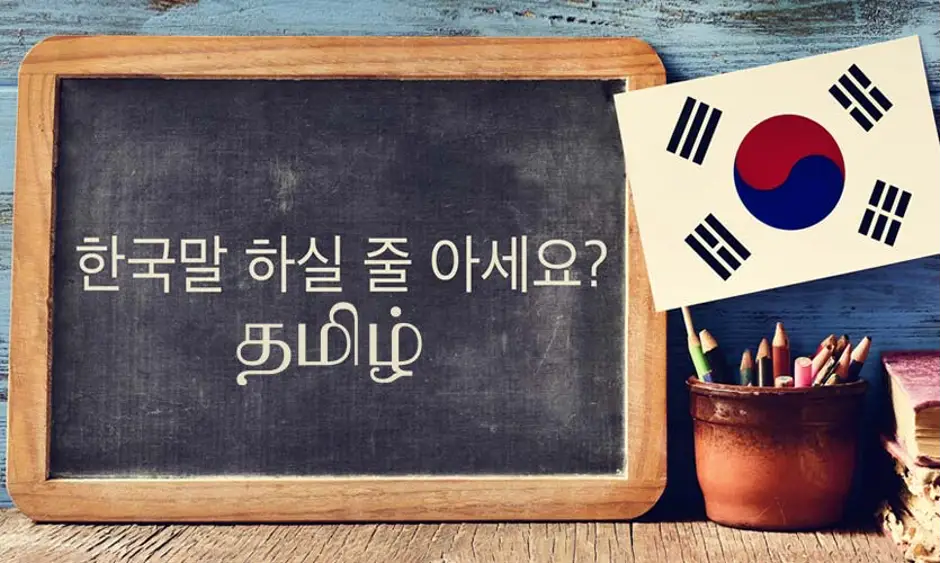
10. Education System
Both India and Korea are known for their education system. Students from both countries are gifted and can avail various scholarships for future academic purposes. Students are assessed based on standardized tests. The Republic of Korea is one of the most educated countries in the world today. In India, Kerala has an approximately 96.2% literacy rate.
